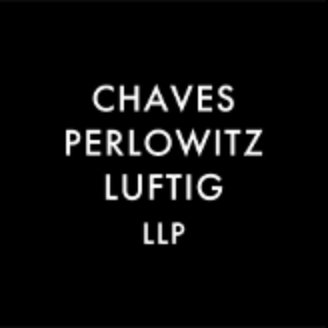DOWNLOAD POWERPOINT PRESENTATION HERE

- Can a tenant be evicted if there is pending eviction date?
No, the State placed a moratorium on all evictions through August 20th. This applies to both residential and commercial tenants. - Has the State issued a freeze/suspension for monthly rental payments?
No, currently there is only a suspension for homeowners unable to make mortgage payments due to COVID-19. - What relief, if any, can renters expect in the event they cannot make their payments?
Senate Bill S8125A which was introduced on March 23rd proposes a 90-day rent freeze for all renters who lost their jobs due to COVID-19. It would also freeze payments for businesses who were forced to close due to the government mandate. - What should a tenant do if their lease is about to expire?
If Senate Bill S8125A is signed into law, it will also require landlords to renew any leases expiring within 90-days at the same rent rate. Absent this law, it is in the best interests of both landlord and tenant to reach a mutual agreement for a lease renewal/extension. - What should a tenant do if their lease is expiring and the landlord refuses to offer a renewal?
As mentioned above, landlords are currently prohibited from evicting tenants. If a tenant remains in the premises past the expiration of a lease term, a month-to-month tenancy will have been established. - Is it advisable for a landlord to issue a short-term renewal to tenant (non-regulated) with an upcoming lease expiration?
It is certainly advisable for landlords to provide short-term renewals as opposed to simply letting a lease term lapse. Our office has been working with many of our clients to draft short term renewals with creative mutual termination options. - Can a landlord commence legal action against a tenant?
NY Housing Courts are essentially in a standstill and currently only accepting “essential applications” such as landlord lockouts, repair orders, and serious housing code violations. - Does this include non-pay cases?
While landlords are unable to serve a tenant with a petition to appear in court for non-payment of rent, they can still serve tenants with rent demands and 14-day notices. This will allow the landlord to proceed directly with a petition once the Housing Courts are reopened. - What happens if a tenant signed a lease and is now unable to move in by the commencement date?
Unfortunately, this a very common scenario in today’s times. While there is no clear-cut directive on how to hand this situation, it is important for both landlord and tenant to maintain a level of flexibility and work together towards a solution which makes life easier for everyone. This may include amending the lease commencement date as well as providing the tenant with an abatement until they can take possession. - Should a tenant inform their landlord that they will be unable to make rent payments?
Absolutely. Regardless if you are unable to make either a portion of or the entire rent payment, as a tenant you should certainly communicate this to your landlord with the hope that they will be sympathetic and understanding. Communication is key during these times. - Are movers deemed “essential” under the PAUSE executive order?
Yes, as per Governor Andrew Cuomo’s office, moving companies are deemed essential and the current guidance permits you to hire one should you require it. - Is there any sort of relief for landlords who are losing rent revenue?
Fannie Mae has stated they will suspend mortgage payments for all multi-family landlords who suspend evictions. Furthermore, should Senate Bill S8125A be signed into law, it would allow landlords to apply for a mortgage waiver equal to the amount lost in rent.
David Goldfischer, Esq.
Direct: (212) 897-5691
Email: dzg@cpllawfirm.cwdevelop.com
DISCLAIMERS: Not legal advice. Instead, legal education. General overview and concepts. Many explanations of rules and concepts are simplified or have exceptions.

Chaves Perlowitz Luftig LLP is one of the most highly regarded real estate and estate planning firms in New York City. Our team of top-rated real estate attorneys and estate planning lawyers have extensive knowledge, resources, and connections to help you achieve your goals and plan for the future.
